Big telecom gets bigger while the small get teeny tiny, part 2

Size matters in the telecoms business. That’s true when success is measured by broadband subscriber counts, as I explored in yesterday’s post, and it’s true for share prices too. Some companies might be heading for a very hard landing.
It’s the small and mid-sized telephone companies that are in the roughest shape. CenturyLink’s share price is down 41% since this time last year, which is the best of the middle of the pack. Its purchase of Level 3 Communications seems to be slowing its descent.… More

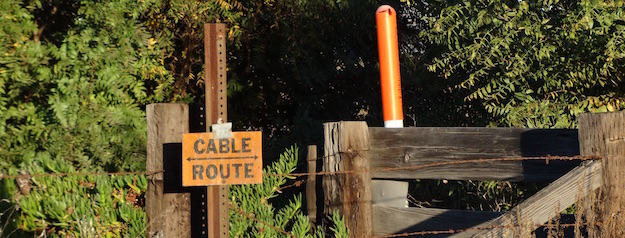
![By 대한민국 국군 Republic of Korea Armed Forces [CC BY-SA 2.0 (https://creativecommons.org/licenses/by-sa/2.0)], via Wikimedia Commons](https://www.tellusventure.com/images/2017/11/rok_artillery.jpg)
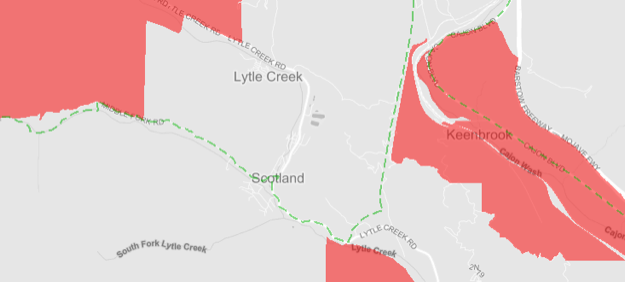
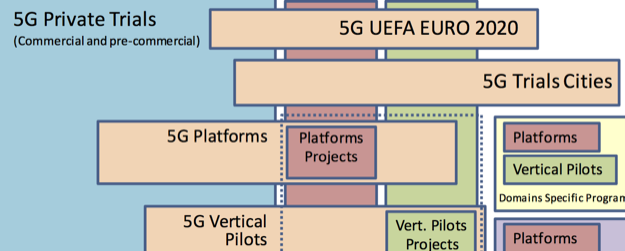
![By Frank Schulenburg (Own work) [CC BY-SA 4.0 (https://creativecommons.org/licenses/by-sa/4.0)], via Wikimedia Commons](https://www.tellusventure.com/images/2017/11/fountaingrove_fire_2017.jpg)
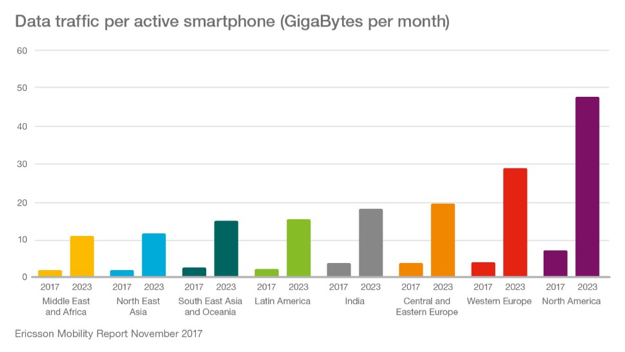
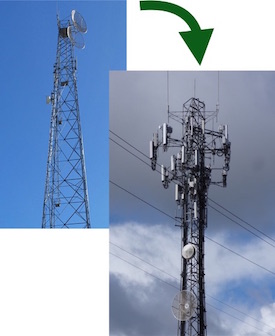
![By Kerrie _ (2015 PREMIERS) [CC BY-SA 2.0 (https://creativecommons.org/licenses/by-sa/2.0)], via Wikimedia Commons](https://www.tellusventure.com/images/2017/11/aussie_rules_dropped_ball.jpg)
![By (Photograph used by permission of the USDA Forest Service.) [CC BY 2.5 (https://creativecommons.org/licenses/by/2.5)], via Wikimedia Commons](https://www.tellusventure.com/images/2017/11/wildfire.jpg)